How WFP Demonstrates Accountability and Transparency

Trust among donors, partners and supporters is key to the success of the United Nations World Food Programme (WFP)’s work – being an open book is how we maintain it.
Transparency is fundamental to the U.N. World Food Programme. The U.N. World Food Programme is at the forefront of the United Nations system in sharing information with its donors and the general public, and is committed to demonstrating effectiveness and efficiency. The U.N. World Food Programme shares information through various channels, including its website and its Executive Board site.
Strategic Plan
The organization’s direction is mapped out in its Strategic Plan, which is renewed every four years. The 2017–2021 Strategic Plan aligns the U.N. World Food Programme with the 2030 Agenda, focusing on ending hunger and contributing to revitalized global partnerships to implement the Sustainable Development Goals. It sets out the U.N. World Food Programme’s vision to lift the most vulnerable and marginalized people out of hunger through all of us working together.
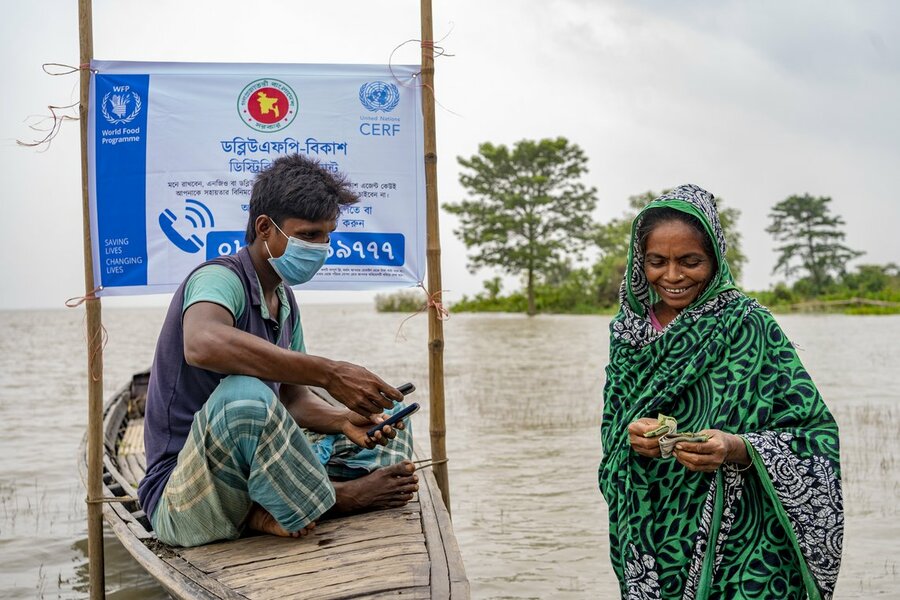
Key fact: A new strategic plan has been developed for the period 2022-2026 for the U.N. World Food Programme which is to be approved by the board before the end of the year.
Country Strategic Plans
U.N. World Food Programme Country Offices prepare country strategic plans (CSPs) reflecting the local needs, the added value U.N. World Food Programme programming can bring, and the presence and capabilities of other actors. A CSP defines the U.N. World Food Programme’s entire portfolio of assistance within a country and specifies the strategic outcomes the U.N. World Food Programme will help achieve. The CSP formulation process is an open and transparent process.
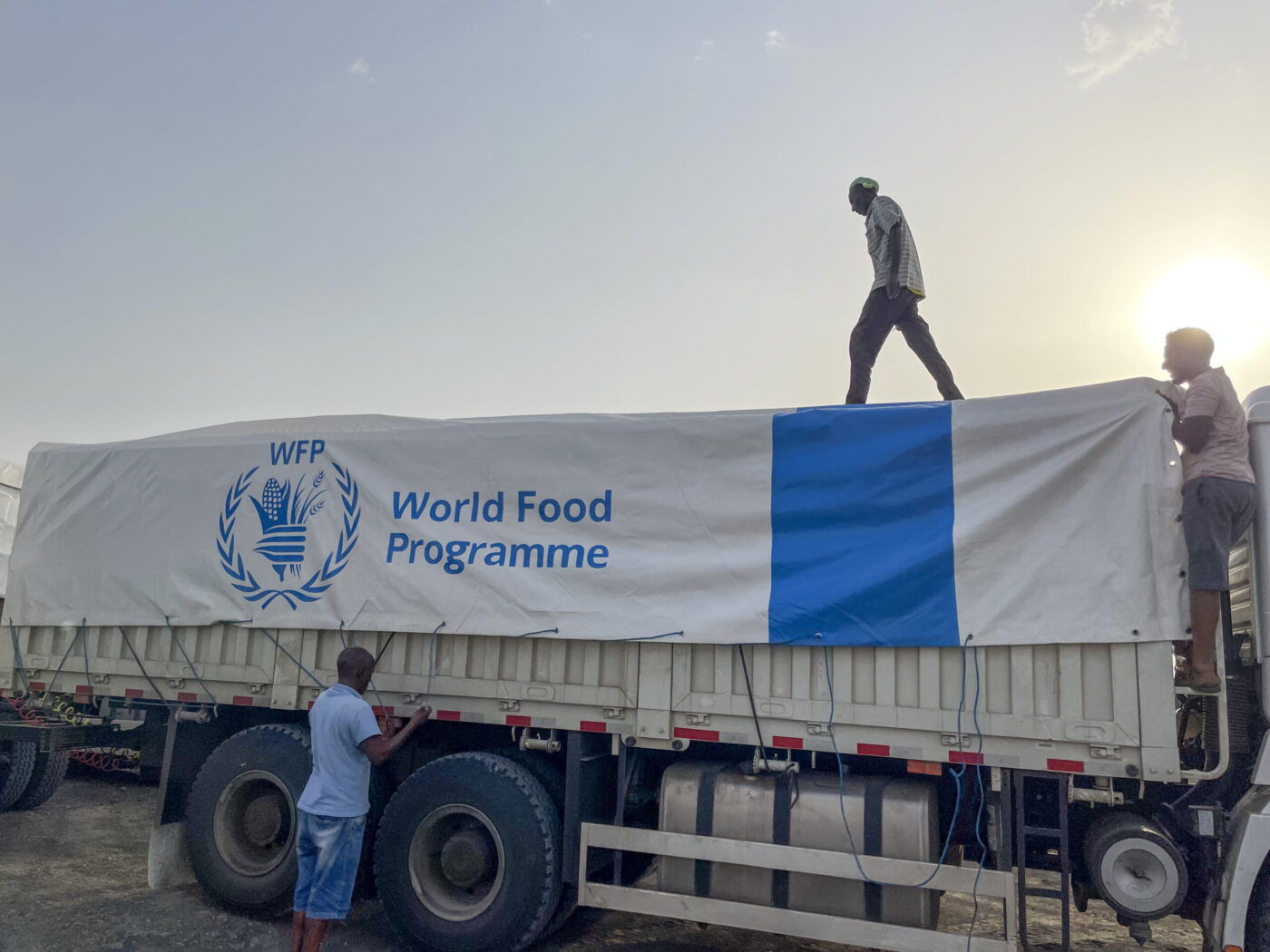
CSPs are informed by reference to a country-led national zero hunger strategic review, prepared with the involvement of a wide range of stakeholders from government, private sector, civil society and international organization as well as by in-country evidence, such as national plans, analyses, assessments, evaluations and consultations.
Key fact: The CSP Data Portal delivers an informative overview of CSPs, providing U.N. World Food Programme Member States with the information to fulfill their governance and oversight roles and facilitate funding decisions by donor governments. It includes program, financial and performance-related information for approved plans.
Annual Performance Report
The Annual Performance Report (APR) measures the U.N. World Food Programme’s work against the Strategic Plan (a results matrix that outlines the U.N. World Food Programme’s Strategic Objectives and Management Results).
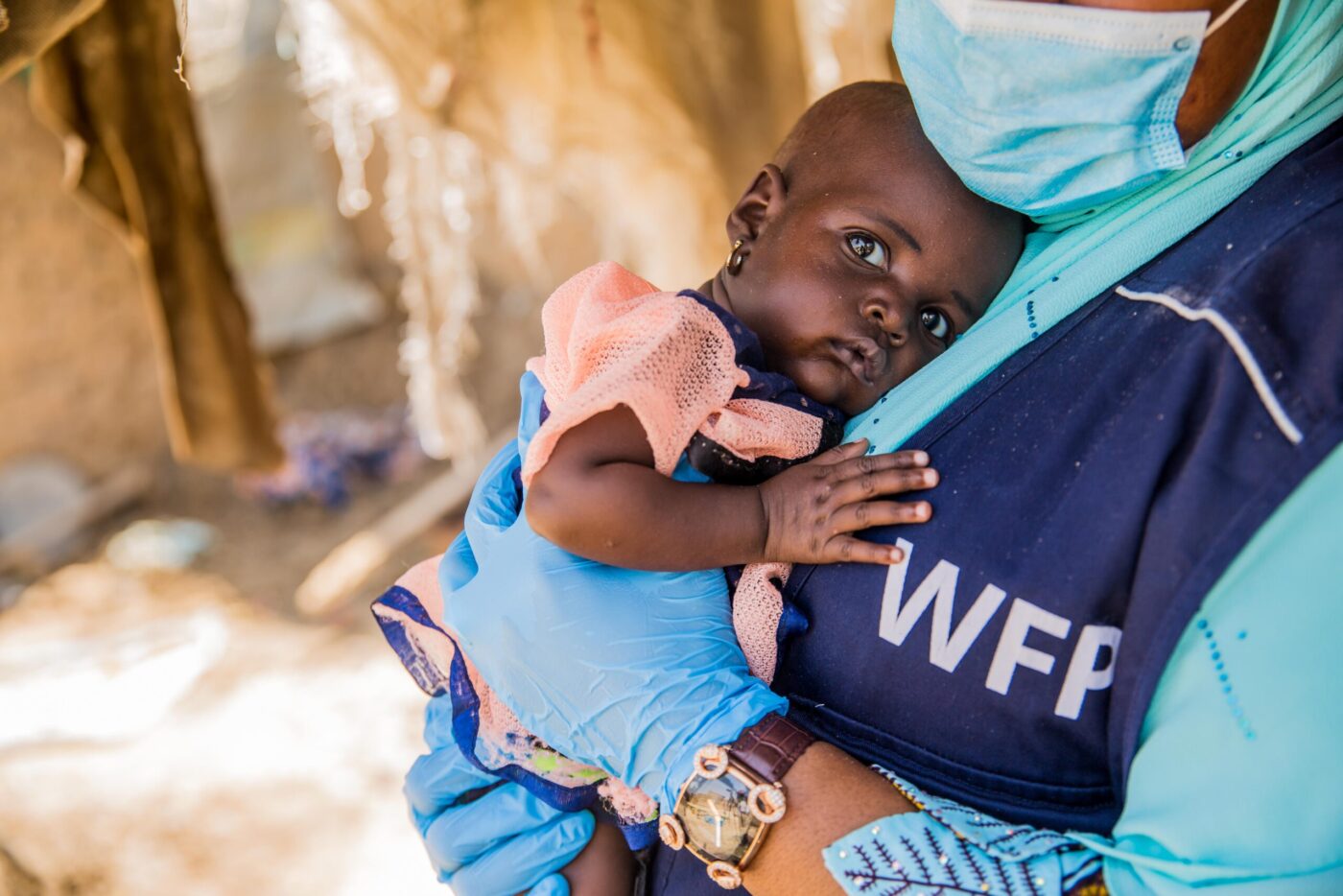
Key fact: The U.N. World Food Programme’s total funding needs for 2020 was $13 billion. The U.N. World Food Programme received a total of $8.4 billion in funding which was used to assist 115.5 million people in the 80+ countries where we work.
The APR details how the U.N. World Food Programme used the resources entrusted to it in any given year consistent with its mandate and in support of expected programmatic and management results.
Key fact: The APR dashboard shows a global overview of key results of the U.N. World Food Programme’s program performance in terms of people reached, food and cash-based transfers, capacity strengthening, service delivery and related direct expenditures.
Annual Country Reports
U.N. World Food Programme Country Offices produce Annual Country Reports (ACR) to inform donors on how their funds were used during the reporting year. Their purpose is to tell the U.N. World Food Programme’s performance story in an accurate, transparent and evidence-based manner by assessing the effectiveness, efficiency and economy of our operations in our pursuit towards Zero Hunger.
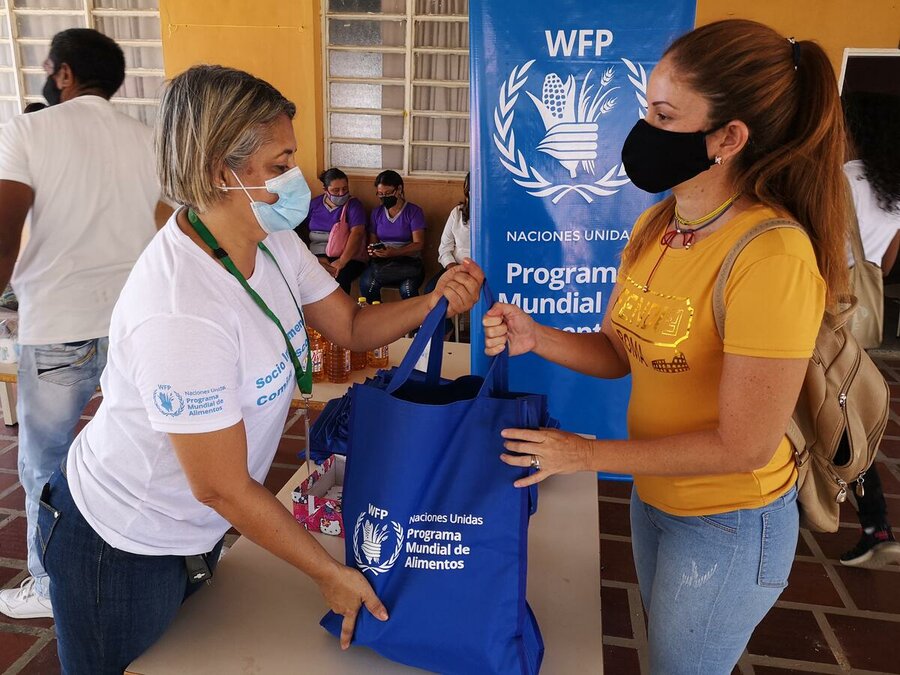
Key fact: In the ACR, each Country Office provides an annual financial report covering all activities in its portfolio, with separate reporting by activity, cost category and contribution. The ACRs contribute to the U.N. World Food Programme’s annual corporate statistics and Annual Performance Report.
Annual Accounts
The U.N. World Food Programme publishes consolidated audited financial reports, the Annual Accounts, that are audited by the auditor general (or equivalent position) of a state member of the UN or FAO. In addition to certifying the accounts of the U.N. World Food Programme, the external auditor has authority to report to the Executive Board on the efficiency of financial procedures and the general administration and management of the U.N. World Food Programme.
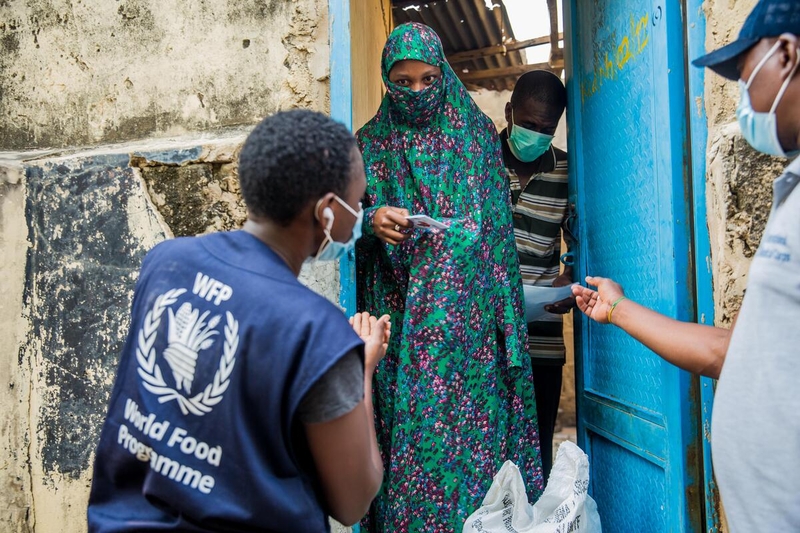
The audit of the U.N. World Food Programme is conducted in accordance with the International Standards of Auditing. The most recent accounts were audited by the French Cour des Comptes and received an unqualified audit opinion.
Internal Audit
The Office of the Inspector General of the U.N. World Food Programme conducts objective and independent assurance and oversight activities to protect the integrity, efficiency and effectiveness of the U.N. World Food Programme’s programs and operations. The Office detects and deters fraud, waste and abuse through internal audit, advisory services, inspections and investigations.

Internal audits are carried out in conformance with the Institute of Internal Auditors’ International Standards for the Professional Practice of Internal Auditing. Internal audits are completed according to an approved engagement plan and take into consideration the risk assessment exercise sent out prior to the audit.
Key fact: Internal audit reports issued by the Office of the Inspector General are publicly available. The Office of the Inspector General also publishes an Annual Report providing its assessment, based on the scope of the work undertaken, of the effectiveness of the U.N. World Food Programme’s governance, risk management and control processes.
Evaluations
The U.N. World Food Programme’s Evaluation Policy (2016–2021) sets the vision, strategic direction and model for the agency’s evaluation function. It embeds evaluation as an integral part of all the U.N. World Food Programme’s work and thereby helps strengthen the U.N. World Food Programme’s contribution to ending global hunger.

The Office of Evaluations manages the Evaluation Function Reporting System, which tracks progress in detail. Evaluation recommendations are assigned to specific entities within the organization (units at headquarters, regional bureau and country office level) who become responsible for their implementation.
The status of evaluation recommendations is updated on annual basis and tracked. The results achieved towards the Evaluation Policy implementation are reported to the Executive Board through the Annual Evaluation Report.
Key fact: The publicly available Evaluation Library allows to browse past and current evaluations by country, type, year and topic.
Key Highlights:
- Number of people reached, and food and cash distributed and expenditures are available on the Annual Performance Report Dashboard.
- All decisions taken by the U.N. World Food Programme’s Executive Board and related documents are publicly available on the Board’s website.
- The U.N. World Food Programme’s Strategic plan, Annual Performance Report, Annual Accounts, Annual Country Reports and Evaluation reports are available online.
- The U.N. World Food Programme joined the Aid Transparency Initiative (IATI) standard in 2013 as its 150th member. In 2016, the agency was ranked first of 473 organizations in IATI’s financial transparency rating and have been maintaining 99 percent compliance scoring since 2019. More than 1000 organizations are now members of IATI. The U.N. World Food Programme data on the IATI website can be found here.
- The U.N. World Food Programme was the first UN system organization to implement International Public Sector Accounting Standards (IPSAS) and full accruals accounting in 2008.
- The U.N. World Food Programme publicly has published Internal Audit reports since 2012.
This story originally appeared on WFP’s Stories on November 3, 2021.




